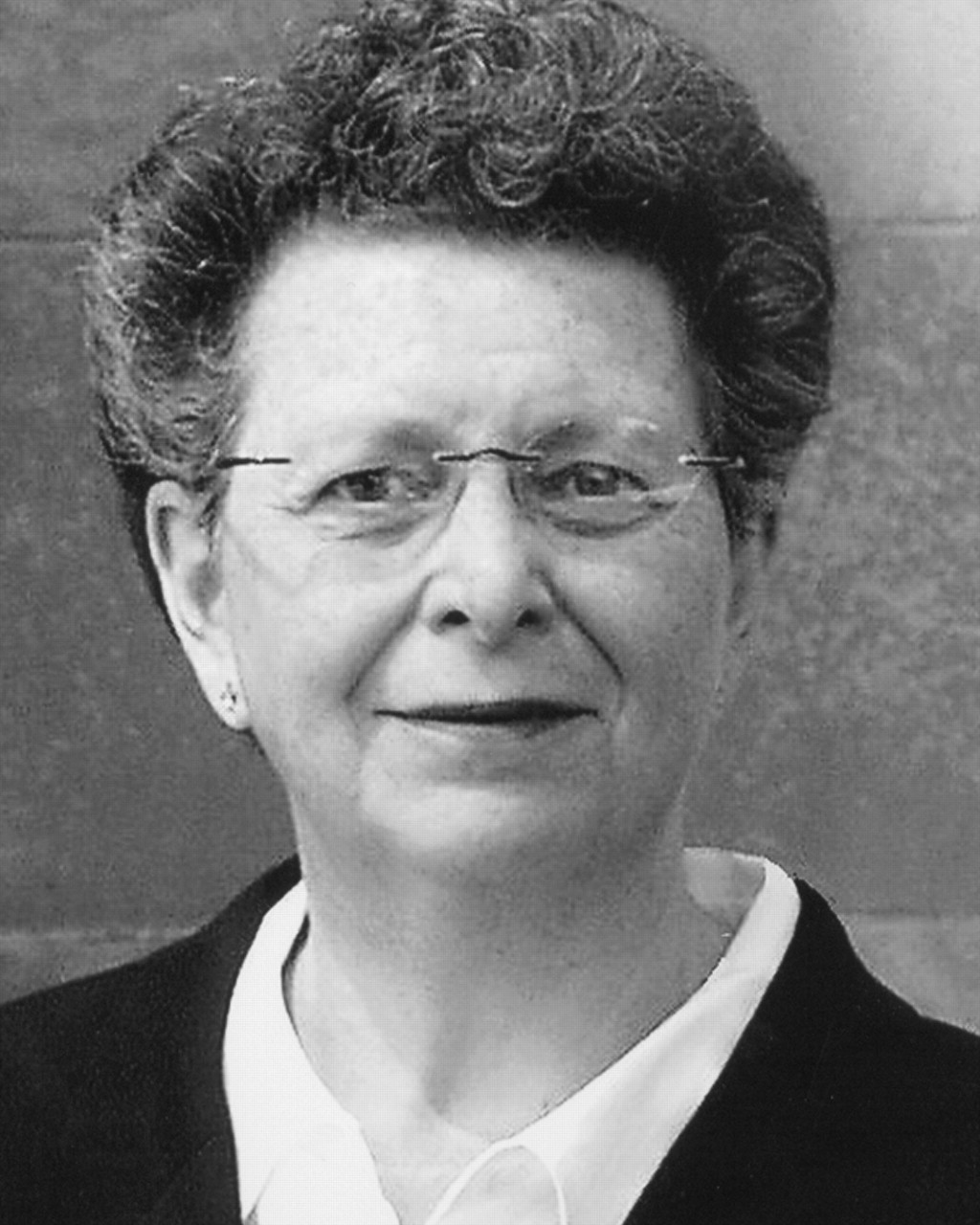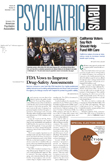Secretary, APA, 2003-
Speaker, APA Assembly, 2001-02
Professor of Psychiatry, Rush Medical College, 1997-
Chair of Psychiatry, Illinois Masonic Medical Center, 1996-2001
Medical Coordinator for Mental Health Services, State of Illinois, 1992-96
Director of Consultation/Liaison Psychiatry and Psychiatric Education, The University of Chicago, 1987-92
We have to teach the public who we are and what we do. When people know that a psychiatrist is a fully trained physician with at least four years of specialty training, including brain science, pharmacology, and psychodynamics—with responsibility for life-and-death decisions—they will demand that we prescribe their medications and integrate their psychotherapy and pharmacotherapy. When people understand that we treat real diseases with an ever-growing and more effective armamentarium of diagnostic tools, medications, and psychotherapies, they will demand that their health plans cover psychiatric care just as they do other medical care. When they appreciate the awe-inspiring scientific advances we have made, they will demand increases in research funding. When they see that psychiatric care can restore function, hope, and joy to patients and families, they will not allow people with psychiatric illnesses to be homeless or warehoused in jails and prisons, but demand they be cared for in well-funded, organized systems. They will know that money spent on psychiatric care is money well spent.
As chair of the APA Joint Commission on Public Affairs, I provided talking points and other resources on scope of practice and parity to our members in the field. I sent public education messages on the news of the day, forged linkages between psychiatrists and media figures, and provided media training for our members. I have explained and defended psychiatry on “The Oprah Winfrey Show” and “Larry King Live,” in the New York Times and Wall Street Journal, at the FDA, and in both houses of Congress. We must build our Web site, our media skills, and our publications so that our members, the public, and decision makers look to APA as the authoritative source of psychiatric information.
We, the physicians, must set the standards for psychiatric care. Utilizing both empirical and clinical evidence, we must hone APA practice guidelines into up-to-the-minute benchmarks of quality. We must foster substantive debate about our health care systems so as to be ahead of the curve instead of behind the eight ball.
To do what we must do, we have to keep our APA house in order. We must be solvent: During my tenure as speaker, the APA Assembly initiated successful efforts to improve APA's financial transparency and management. Members can now view APA financial information on the APA Web site. I now serve as treasurer of the board of American Psychiatric Publishing Inc., a major source of APA income. We must protect our professionalism: I serve as chair of the APA Ethics Appeals Board. We must collaborate with other advocates: I am on the board of the National Mental Health Association. To continue building membership, we must provide responsive services and reach out to psychiatrists of both genders, and every color, origin, and sexual orientation, in every subspecialty, venue, and practice style: I have wide practice experience, and I have chaired the Committee on Women and the Assembly Committee of Minority and Underrepresented Groups, and organized the first conference between allied minority/underrepresented organizations and the APA leadership.
We must inspire medical students and mentor our residents and early career psychiatrists: I began the first Residents' Committee in APA and served as director of medical student and residency education in psychiatry. We must work with our colleagues in the house of medicine: I have been the director of a consultation/liaison service. We must have management and leadership skills: I have been an administrator in a state and a private system. We must draw our inspiration from our patients: I have been a practicing psychiatrist throughout my career. We must have professionally and personally rewarding lives: I have experienced both the tensions and the synergisms between parenthood and career. We must know our organization: I have worked throughout APA and now serve as secretary. We are smart, creative, and dedicated. We have unshakable professional values. We can assure that psychiatry will survive—and prosper. There are millions of sick people out there, and we are the physicians who know how to help them.
Primary Professional Activities and Sources of Income
Professional Activities
25.0%—Private practice of psychiatry 12.5%—Lecturing and editing 12.5%—Expert consultation and testimony 50.0%—Volunteer activities (including, serving on the boards of APA, APPI, and National Mental Health Association)
Income
50%—Private practice of psychiatry 25%—Lecturing and editing 25%—Expert consultation and testimony

